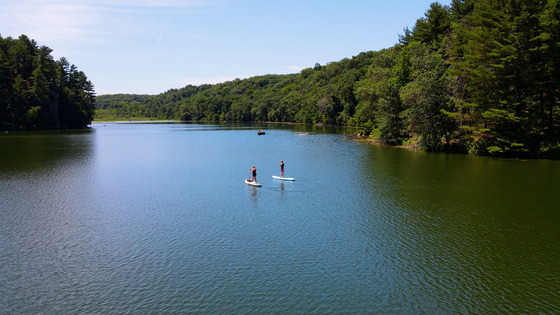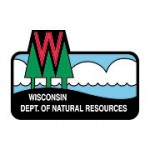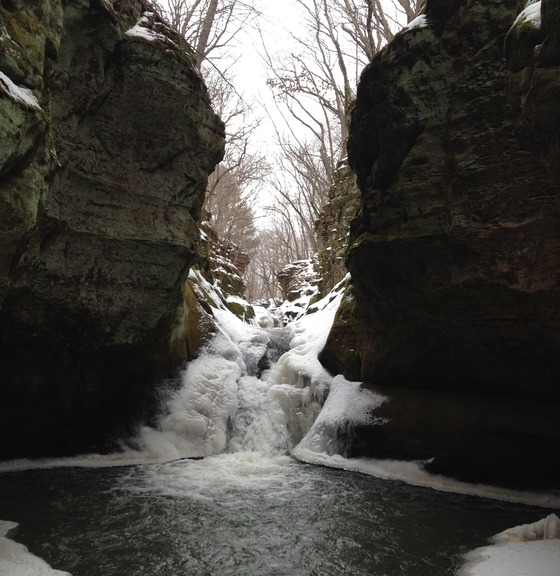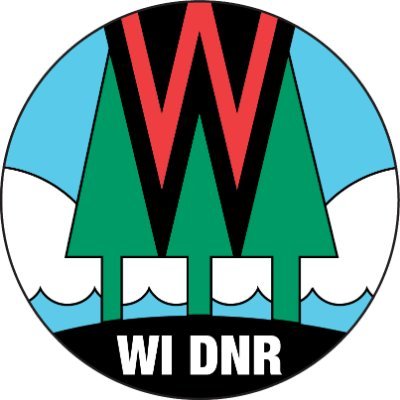Wisconsin DNR Highlights Air Quality Progress And Ongoing Hurdles During Clean Air Month

Clean Air Month, celebrated in May, emphasizes the importance of clean air and the impact it has on human health and the environment. / Photo Credit: Wisconsin DNR
MADISON, Wis. – The Wisconsin Department of Natural Resources (DNR) recognizes Clean Air Month every May, emphasizing the importance of clean air and the impact it has on our health and environment.
This Clean Air Month, the DNR’s Air Management Program is highlighting the nonattainment challenges facing Wisconsin and sharing resources available for individuals, businesses and communities to stay informed about air quality.
Additionally, impacts from increased wildfire activity make it more challenging to meet today’s U.S. Environmental Protection Agency (EPA) air quality standards.
Ozone pollution remains a particularly complex challenge for Wisconsin. The EPA estimates Wisconsin contributes no more than 10% of the ozone concentrations measured in ozone nonattainment areas, while other states contribute as much as 50% (the remaining contributions are from non-state sources, like emissions from natural sources).
Ozone forming pollutants – volatile organic compounds (VOCs) and nitrogen oxides (NOx) – are emitted by upwind states and transported over Lake Michigan, where they react and form ozone, which is then carried onshore via lake breezes. This process can often lead to elevated ozone levels in Wisconsin’s lakeshore counties, even though a large portion of that pollution comes from other states, explains DNR Air Management Program Director Gail Good.
Wisconsin continues to seek effective federal rules to address and control pollutant transport. “Though Wisconsin does not emit the majority of the air pollution currently in the state, we are responsible for meeting federal air quality standards regardless of where the pollutants originate,” Good said. “The State of Wisconsin is working to ensure that rules addressing ozone transport adequately and fully resolve ozone transport obligations for Wisconsin and ensure Wisconsin businesses are not held responsible for nonattainment issues they have no control over.”
How The Public Can Help
Clean Air Month is a great time to focus on actions the public can all take to contribute to better air quality and learn how air quality can affect human health.
The DNR’s updated air quality data map, launching in June 2025, will make it even easier to access the near real-time data from the state’s air monitoring network and understand when air quality events may be impacting your health.
For even more ways to participate during Clean Air Month:
- View the DNR’s 2024 Wisconsin Air Quality Trends Report and the interactive StoryMap showing Wisconsin’s air quality trends for each pollutant over the last 20 years.
- Subscribe to the DNR’s air quality news and notices.
- Download the free WisconsinAQM mobile app to receive air quality updates from anywhere using a mobile device. The app includes an interactive map of near real-time data from the state’s air monitoring network, individual monitoring station reports, weather information and more. Download from the Apple App Store or Google Play Store.
- Review the DNR’s Annual Air Monitoring Network Plan. The proposed plan will be available for review and public comment on the DNR’s Public Notice webpage beginning mid-May.
- Learn about air quality and human health by visiting the DNR’s Education and Outreach webpage and review publications and short videos.
- Plant trees! Recent research shows that just a single tree has the potential to filter up to one third of fine particulates such as dust, dirt, soot and smoke within 300 yards. The public can learn how to select and plant trees that are suited to their environment on the DNR’s Urban Forestry webpage.
NOTE: This press release was submitted to Urban Milwaukee and was not written by an Urban Milwaukee writer. While it is believed to be reliable, Urban Milwaukee does not guarantee its accuracy or completeness.























